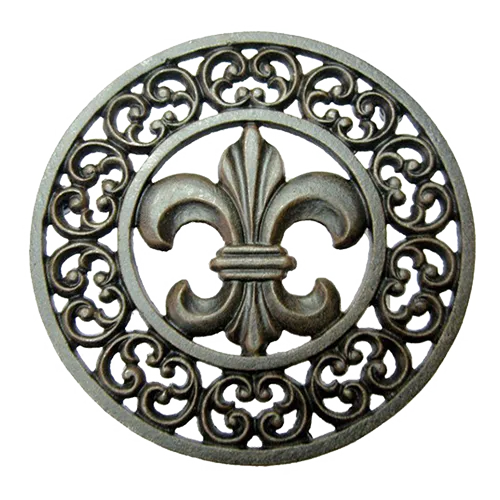Mobile:+86-311-808-126-83
Email:info@ydcastings.com
Understanding the Design and Function of Centrifugal Compressor Impellers in Modern Engineering
Understanding the Centrifugal Compressor Impeller
The centrifugal compressor impeller is a crucial component in various industrial and engineering applications, particularly in the fields of aviation, automotive, and chemical processing. It plays a vital role in the performance and efficiency of compressors, which are devices used to increase the pressure of gases by reducing their volume. This article delves into the fundamental aspects of centrifugal compressor impellers, including their design, operation, and significance in various applications.
Design and Construction
Centrifugal compressor impellers are typically made from materials that can withstand high pressure and temperature variations, such as aluminum alloys or stainless steel. The impeller features a series of blades that are strategically arranged to maximize the kinetic energy transfer from the motor to the gas being compressed. The blades can vary in number, shape, and size, depending on the specific requirements of the application.
The design of the impeller is crucial for its performance. For instance, a closed impeller design, where the blades are fully enclosed, is often preferred for applications involving gases with a higher density or when a significant pressure increase is required. On the other hand, an open impeller design, which lacks a cover over the blades, is used in applications with particulates in the gas flow, as it allows for easier passage and minimizes blockages.
Operating Principles
The fundamental principle behind a centrifugal compressor impeller is based on the centripetal and centrifugal forces generated when the impeller rotates. The gas enters the impeller at its center (the eye) and is drawn into the blades. As the impeller spins, the gas is subjected to increasing centrifugal force, which pushes it outward and compresses it.
This process not only increases the pressure of the gas but also raises its velocity. The kinetic energy gained from the impeller's rotation is then converted into pressure energy in the diffuser section of the compressor. The diffuser slows down the high-speed gas and converts its kinetic energy into static pressure, effectively increasing the overall pressure of the gas being processed.
centrifugal compressor impeller

Performance Factors
The efficiency of a centrifugal compressor impeller is influenced by several factors, including the design of its blades, inlet geometry, and operating conditions. Blade geometry is particularly important; the angle, curvature, and thickness of the blades can significantly impact the compressor’s performance. An optimized blade design can reduce losses due to drag and turbulence, enhancing the overall efficiency of the compressor.
Operating conditions, such as temperature and pressure at the inlet, play a significant role in performance as well. Understanding the specific application and the type of gas being compressed allows engineers to tailor the impeller design for optimal efficiency and performance.
Applications
Centrifugal compressors, equipped with efficient impellers, find applications across various sectors. In the aerospace industry, they are used in jet engines to compress the air before it enters the combustion chamber. In the automotive sector, they power turbochargers, enhancing engine performance by increasing the intake air pressure.
Moreover, centrifugal compressors are essential in industrial processes such as refrigeration, air conditioning, and petrochemical manufacturing. They help in the transportation of gases through pipelines and in the operation of gas turbines for energy generation, making them indispensable in modern manufacturing and energy systems.
Conclusion
The centrifugal compressor impeller is a marvel of engineering, embodying complex physics and design intricacies that ensure efficient gas compression in a variety of applications. Understanding its operation, design, and applications can lead to innovations that enhance performance and efficiency in industrial processes. As technology advances, the demand for more efficient and robust centrifugal compressor systems will only continue to rise, highlighting the importance of this critical component in engineering and industrial design.
-
Why Should You Invest in Superior Pump Castings for Your Equipment?NewsJun.09,2025
-
Unlock Performance Potential with Stainless Impellers and Aluminum End CapsNewsJun.09,2025
-
Revolutionize Your Machinery with Superior Cast Iron and Aluminum ComponentsNewsJun.09,2025
-
Revolutionize Fluid Dynamics with Premium Pump ComponentsNewsJun.09,2025
-
Optimizing Industrial Systems with Essential Valve ComponentsNewsJun.09,2025
-
Elevate Grid Efficiency with High-Precision Power CastingsNewsJun.09,2025











